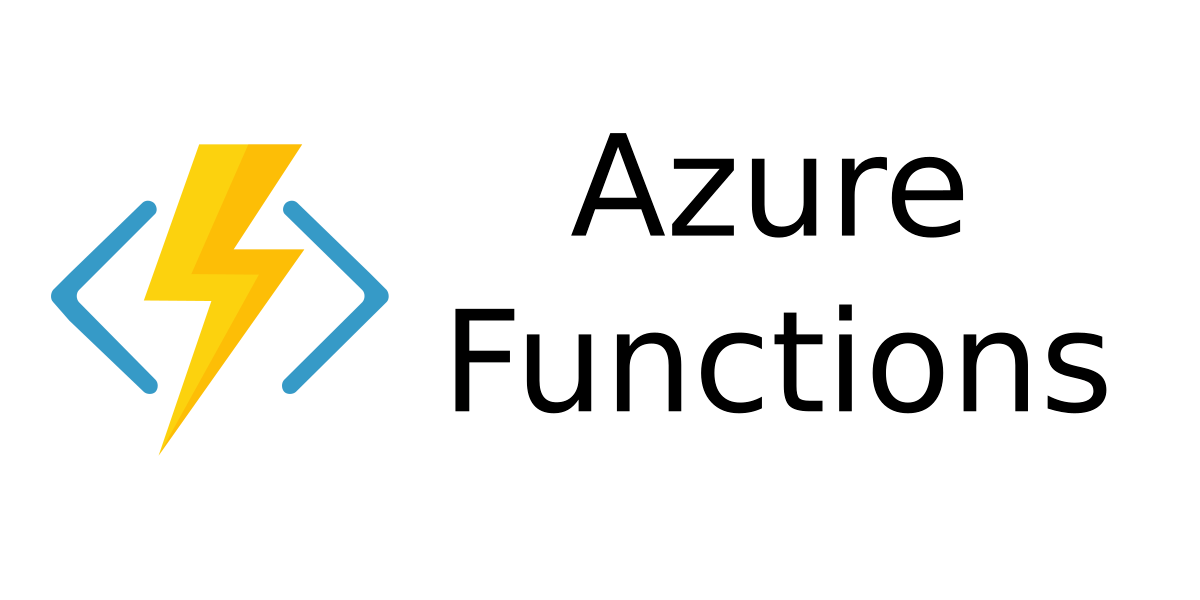Serverless Architecture: How Azure Functions Can Save You Time and Money
 Deni Leocadio
Deni Leocadio
Introduction
As cloud technology evolves, companies are always looking for ways to build and scale applications without the hassle of managing servers. One solution gaining popularity with software engineers and cloud developers is serverless architecture. Specifically, Azure Functions offers an easy way to run code in the cloud that scales automatically and can help reduce costs. In this article, I’ll explain how Azure Functions can help with scalability, save costs, and simplify deploying microservices.
What is Serverless Architecture?
With serverless architecture, you focus on writing your code, and the cloud platform takes care of everything else. You don’t need to manage or scale servers—Azure does that for you.
In the case of Azure Functions, Microsoft’s cloud platform handles all the background work like managing infrastructure, so you can focus on your application code.
The best part? You only pay for the time your code is actually running. This "pay-as-you-go" model is great for apps that don’t need to run all the time, which helps cut costs.
Benefits of Azure Functions
Easy Scalability
One major benefit of Azure Functions is how easily it scales. Whether your app needs to handle a few requests or thousands within seconds, Azure Functions adjusts automatically to meet the demand.
This is really helpful for apps or microservices that get unpredictable or seasonal traffic spikes. Unlike traditional servers where you might need to over-provision (pay for more resources than you need), Azure Functions scales up or down automatically, keeping your app running smoothly without extra cost.
Lower Costs with Event-Driven Billing
Azure Functions uses a consumption-based pricing model. This means you only pay when your function is running—there’s no need to pay for idle servers. You are billed based on the number of function executions and the resources used.
For apps with occasional tasks—like scheduled jobs, data processing, or responding to webhooks—this can dramatically lower your costs. You won’t have to pay for infrastructure that isn’t being used, leading to significant savings over time.
Simplified Microservice Deployment
Azure Functions also makes it easier to deploy microservices. By splitting your app into smaller, loosely connected functions, you can build a more scalable system. Each Azure Function acts as a mini-service that runs in response to specific triggers, like an HTTP request or a change in a database.
This modular design lets development teams deploy and scale each function separately, speeding up development and reducing risk. Azure manages the infrastructure, so you can focus on writing business logic.
Common Use Cases for Azure Functions in Microservices
Real-Time Data Processing: Azure Functions are great for processing data in real-time. For example, you can use them to trigger data analysis when new customer data is submitted or when sensor data from IoT devices arrives.
APIs and Webhooks: Azure Functions can easily be used to create lightweight, serverless APIs. They can trigger functions when they receive an HTTP request or when an event (like a webhook) happens.
Scheduled Tasks and Automation: Azure Functions support CRON-like scheduling, making it easy to automate tasks like running backups, batch processing, or sending daily reports.
Getting Started with Azure Functions
One of the best things about Azure Functions is how easy it is to get started. You can quickly set up everything through the Azure portal or by using local development tools like Visual Studio Code. Azure Functions also supports multiple programming languages, including C#, JavaScript, Python, and Java, making it accessible for many developers.
Conclusion: Why Use Azure Functions?
As cloud computing advances, serverless architecture offers a smart, future-proof solution for building scalable and cost-effective applications. Azure Functions provides a flexible and powerful platform to build cloud-native applications and microservices without the hassle of managing infrastructure.
For software engineers and cloud developers who want to lower costs and boost agility, Azure Functions is a great option. With its event-driven billing, automatic scaling, and ease of use, it’s a smart way to build and deploy modern cloud applications.
Subscribe to my newsletter
Read articles from Deni Leocadio directly inside your inbox. Subscribe to the newsletter, and don't miss out.
Written by

Deni Leocadio
Deni Leocadio
I'm Deni and I'm passionate about sharing insightful articles that inspire and inform. As a Senior Software Engineer with expertise in C# coding for Backend development, I delve into topics that blend technology, innovation, and personal growth. Join me as I explore new ideas, trends, and strategies that can help us navigate the ever-evolving landscape of software engineering and beyond. Let's learn, grow, and thrive together on this journey of discovery.